Is it normal to feel like you can’t eat anything without paying for it? Could a Functional Nutritionist help if your body is allergic and rejecting food? Why does it seem to happen more often as we age? What’s the difference between an allergy and an intolerance? As you’ve been trying to figure out why food is making itself an enemy, you’ve probably wondered whether or not you are allergic to certain foods and if it can be fixed. Food allergies, sensitivities, and intolerances are terms that are often used interchangeably to describe the gut turmoil that food can cause. However, there are distinctly different reactions that our bodies can have to certain foods. The reactions, the severity and the causes can all vary. Understanding their differences can help you pinpoint a way to discover the culprits and also a solution! You’re not necessarily STUCK with never eating certain foods again. As a functional nutritionist serving people in Brussels, all of Belgium, U.K. and East Africa, I hear these common complaints about food intolerance and work with clients to resolve it.
What is a Food Allergy?
Food allergies are immune responses that occur when the body’s immune system mistakenly identifies a particular protein in a food as harmful. This triggers the release of histamines and other chemicals, leading to an allergic reaction. Food allergies are rapid-onset and can be life-threatening, requiring immediate medical attention.
Causes: Food allergies are usually caused by proteins in certain foods, the most common are peanuts, tree nuts, shellfish, fish, eggs, milk, soy, and wheat. These proteins are called allergens.
Symptoms: Food allergy symptoms can range from mild to severe and may include hives, itching, swelling of the face and lips, allergic rhinitis, allergic sinusitis, allergic conjunctivitis, asthma, vomiting, diarrhea, and anaphylaxis, a severe and potentially fatal reaction.
Management: The primary management of food allergies involves strict avoidance of the allergen. Those with severe allergies should carry an epinephrine auto-injector (e.g., EpiPen) at all times in case of accidental exposure.
What is a Food Sensitivity?
Food sensitivity is usually a combination of losing immune tolerance which is when your immune system becomes hyperactive in response to some foods and leaky gut. Food sensitivity can play a major role in the development of autoimmune disorders.
Causes: Food sensitivities can be caused by leaky gut, dysregulated T-cells, and auto-immune disease activation. However, as you improve your immune system and your health, you may get rid of food sensitivities. The potential of getting rid of food sensitivities depends largely on the underlying mechanisms. In genetic diseases, such as Celiac disease, it is very unlikely that you can start to tolerate gluten. In this case, it is unlikely to be reversed.
Symptoms: You may experience joint pain, swelling, anxiety, respiratory and skin issues, brain fog, bloating, fatigue, and ongoing flare ups of your autoimmune disease.
Management: The management of food sensitivities can be challenging as symptoms usually don’t appear immediately after consuming the trigger food. Testing methods where specific antibodies are measured in the blood can help identify food sensitivities and develop personalized dietary recommendations. This is particularly recommended in case of family history of autoimmune diseases that may be genetically predisposed to food sensitivities.
What is a Food Intolerance?
Food intolerance is similar to food sensitivity, but it typically refers to the inability to digest certain foods or components properly. The body may lack specific enzymes necessary for digestion, leading to digestive issues.
Causes: Common causes of food intolerance include lactose (milk sugar) intolerance due to insufficient lactase enzyme, histamine intolerance resulting from an inability to break down histamine, and fructose intolerance caused by an inability to process fructose efficiently.
Symptoms: Food intolerance symptoms are often confined to the digestive system and may include gas, bloating, diarrhea, stomach pain, and indigestion.
Management: Managing food intolerances typically involves avoiding or minimizing the intake of the problematic food or component. Enzyme supplements may be beneficial in some cases, as they can aid in the digestion of specific substances.
How can a Functional Nutritionist help with food sensitivities and intolerances?
Functional medicine and functional nutrition can play a significant role in helping individuals with food sensitivities, allergies, and intolerances by taking a comprehensive and personalized approach to address the root causes of these conditions. Unlike traditional medicine, which often focuses on symptom management, functional medicine aims to identify and treat the underlying imbalances that lead to adverse food reactions. Here are several ways in which functional medicine and nutrition can be beneficial:
- Comprehensive Evaluation: As a functional nutritionist, I take a detailed medical history and conduct thorough laboratory tests to identify potential triggers and imbalances in the body. This includes assessing the gut health, immune system, inflammation levels, and genetic factors that may contribute to food sensitivities, allergies, or intolerances.
- Gut Health Restoration: The gut plays a crucial role in food reactions, as it houses a significant portion of the immune system. Functional medicine and functional nutrition focuses on restoring gut health through measures such as eliminating inflammatory foods, repairing the gut lining, and rebalancing the gut microbiome using prebiotics and probiotics.
- Allergen Identification and Elimination: Functional medicine practitioners can help identify specific allergens or trigger foods through specialized testing or elimination diets. By removing these trigger foods from the diet, individuals can experience significant relief from symptoms.
- Addressing Inflammation: Chronic inflammation often underlies food sensitivities and can worsen allergic reactions. Functional medicine employs strategies to reduce inflammation, such as recommending anti-inflammatory foods, managing stress, and addressing lifestyle factors that contribute to inflammation.
- Immune System Modulation: Functional medicine aims to balance the immune system and reduce hyper-reactivity to harmless substances, like food proteins. This can involve targeted nutritional support to regulate immune function and reduce allergic responses.
- Detoxification Support: Some individuals may have impaired detoxification pathways, making them more susceptible to food sensitivities. Functional medicine and nutrition supports the body’s natural detoxification processes through dietary and lifestyle interventions.
- Long-Term Support: Functional medicine is not just about short-term relief but emphasizes long-term health and wellness. As a functional nutritionist serving the Brussels area, I work with patients to monitor progress, make necessary adjustments, and provide ongoing support to manage food sensitivities effectively.
- Integrative Approach: Functional medicine practitioners, like myself, often collaborate with other healthcare providers, including allergists, dietitians, and mental health professionals, to create a holistic and integrated treatment plan.
Functional medicine can be a valuable approach in addressing food sensitivities, allergies, and intolerances. By identifying and treating the underlying imbalances in the body, practitioners can help individuals manage their conditions more effectively and improve their overall well-being. However, it is essential to work with a qualified and experienced functional medicine practitioner to receive personalized and evidence-based care. I am a functional nutritionist serving the Brussels area and would be honored to help your body heal. I also serve clients in East Africa and the U.K. Contact me here.
https://acaai.org/allergies/allergic-conditions/food/
https://www.autoimmuneinstitute.org/articles/food-sensitivity-intolerance-or-allergy/
https://www.sciencedirect.com/science/article/pii/S1542356521000756
https://lp.drknews.com/food-sensitivities
https://www.ifm.org/news-insights/importance-digestion-chronic-disease/
https://www.ifm.org/news-insights/toolkit-heal-microbiome-ifm-elimination-diet/






